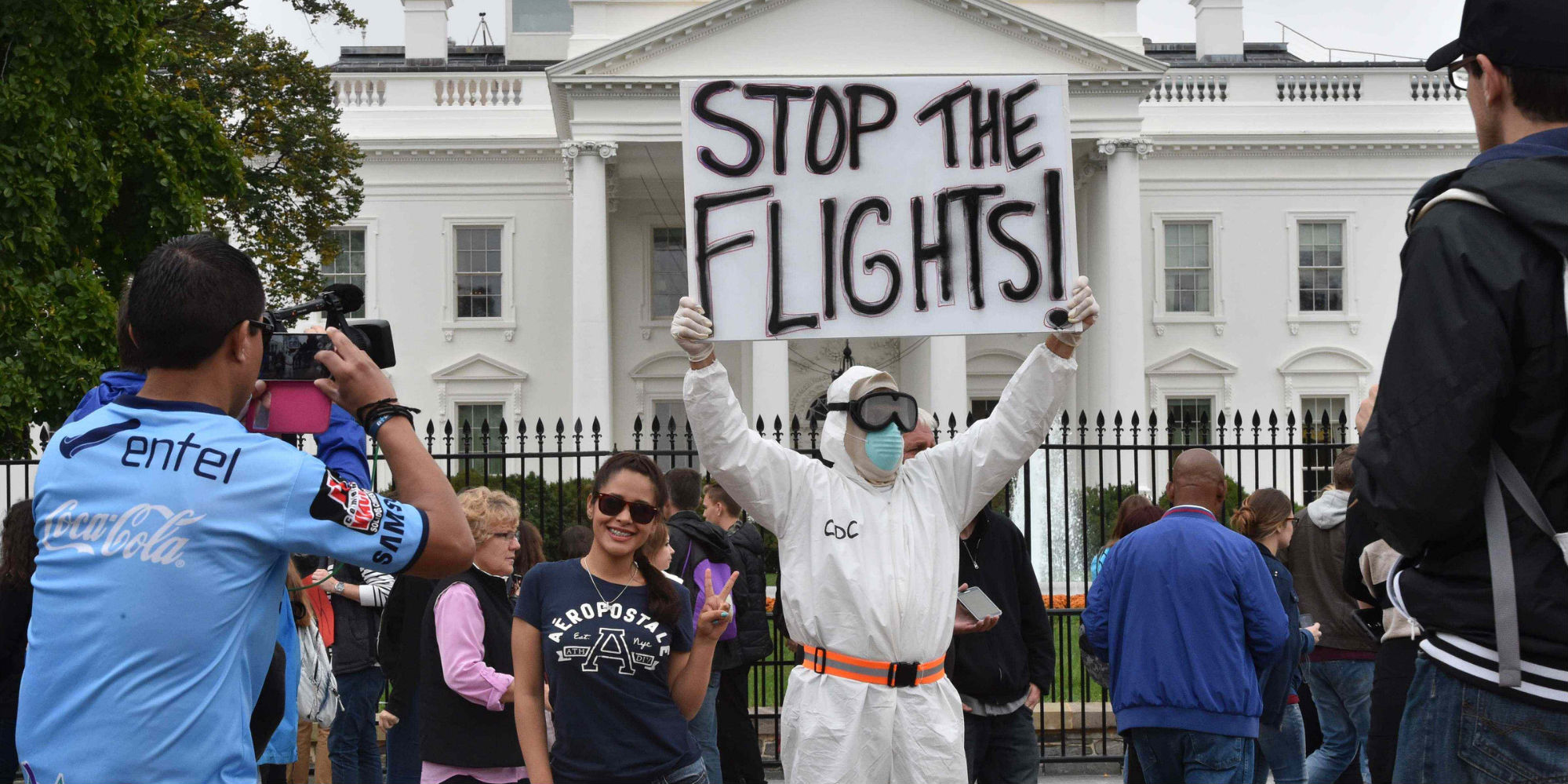In the wake of the two nurses diagnosed with Ebola in Dallas, and the subsequent fear and fallout, one measure that’s been floated consistently is that of a travel ban on the worst-affected West African countries.
Videos by Rare
REP. FRED UPTON (R-MI) VIA KXAN: “We should not be allowing these folks in, period.”
REP. RENEE ELLMERS (R-NC): “If there is a better time for our president to take out his pen and his phone, now is that time. Let’s put in place those travel restrictions that we’re looking for.”
Republicans, and more recently some Democrats as well have been calling for the ban. It’s gotten to the point where the president himself has softened his stance from roundly opposing the ban to this:
PRESIDENT BARACK OBAMA VIA THE WHITE HOUSE: “I don’t have a philosophical objection to a travel ban if that is the thing that is going to keep the American people safe … A travel ban is less effective than the measures we are currently instituting.”
In fact, almost across the board medical experts are suggesting a travel ban would actually be counter-productive. As The New York Times reports, “a ban would do more harm than good because it would isolate impoverished nations that are barely able to cope with the outbreak,” and possibly cut off international aid.
Plus it would be hard to practically implement an effective ban.
MANJI CHETO, VIA CNBC: “A travel ban, I mean people can still go through four countries to get to the United States or even Britain so I don’t think that would be an effective policy at all.”
And as Vox points out, travel bans in the past haven’t worked — with the AIDS-focused travel ban Ronald Reagan instituted in 1987 as an example. It cites a report that found, “they were ‘ineffective, impractical, costly, harmful, and may be discriminatory” and concluded, “prevention of HIV worked better than travel restriction.”
So, why all of this talk about a ban? Fear could be one motivating factor.
After it was revealed that one of the nurses diagnosed with Ebola took a flight to Cleveland, fears escalated that more people could’ve been exposed to the virus. (Video via ABC)
But another factor seems to be politics, with elections only a couple weeks away.
Reporting for NPR, Juana Summers looks at how Ebola response has become a political debate, getting wrapped up into the issue of national security and ISIS.
JUANA SUMMERS, NPR: “Even though the elections are just a few weeks away, O’Connell says it’s almost impossible for a candidate to break into the news cycle, unless they’re talking about one of two things: ISIS or Ebola.”
And a writer for ABC points to Ebola, and the travel ban as the surprise issue of this political season, drawing up comparisons with Hurricane Sandy in 2012, with candidates trying to capitalize on the popular attention given to the issue.
All of this while only one person —Thomas Eric Duncan, of Liberia — has died of Ebola in the United States and only two other people have been diagnosed.
And the coverage has overshadowed the original source of the outbreak.
PROFESSOR ERNEST PERRY VIA KBIA: “Now all of the sudden because there are cases here in the West — here in the United States and in Europe — we’re spending a lot of time covering those cases, and we’re not talking about where the epicenter is in Western Africa.”
There, the CDC says close to 4,500 people have died of the virus, and the number of total cases is nearing 9,000.



